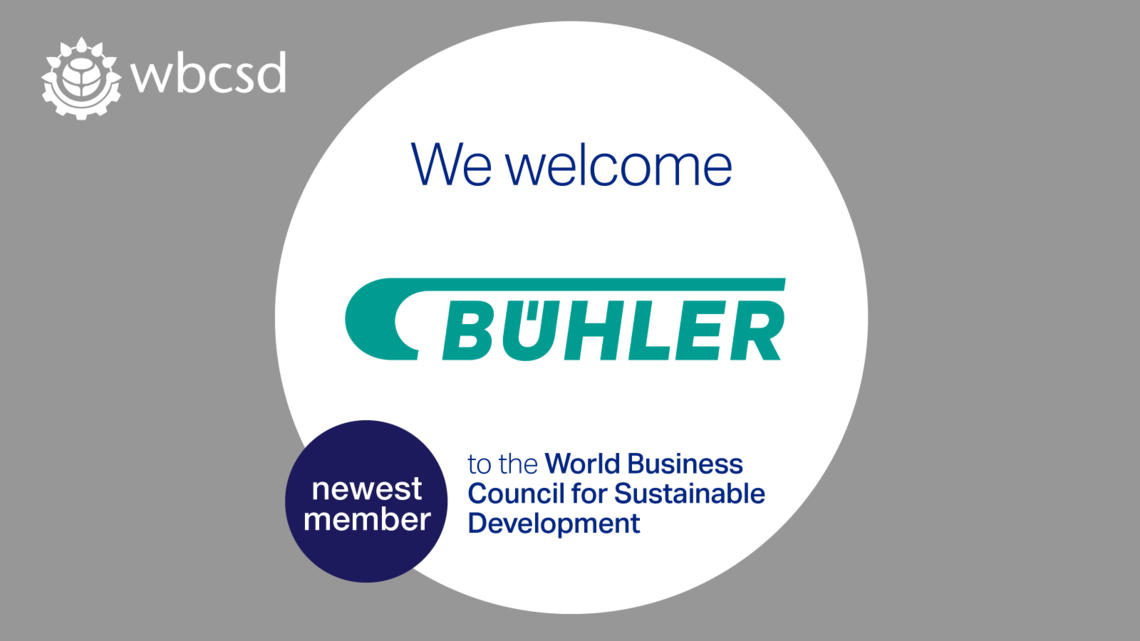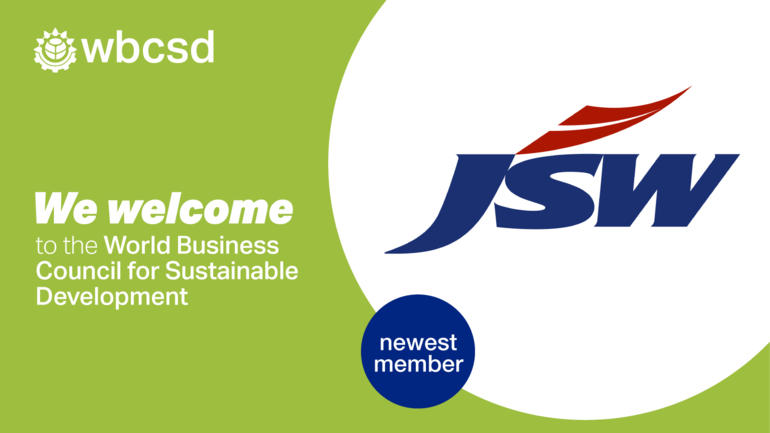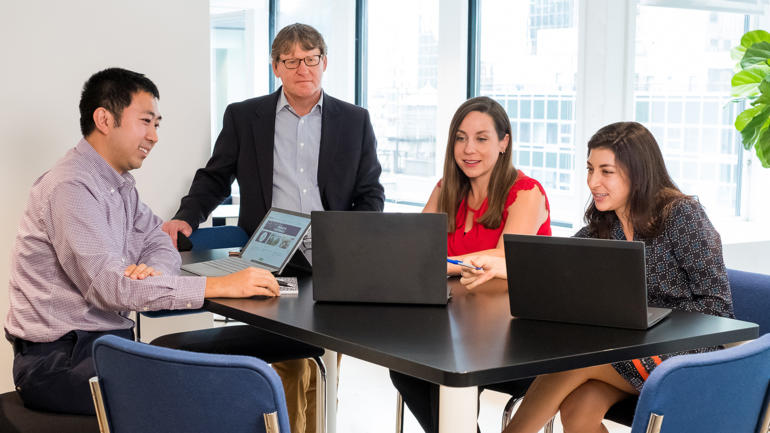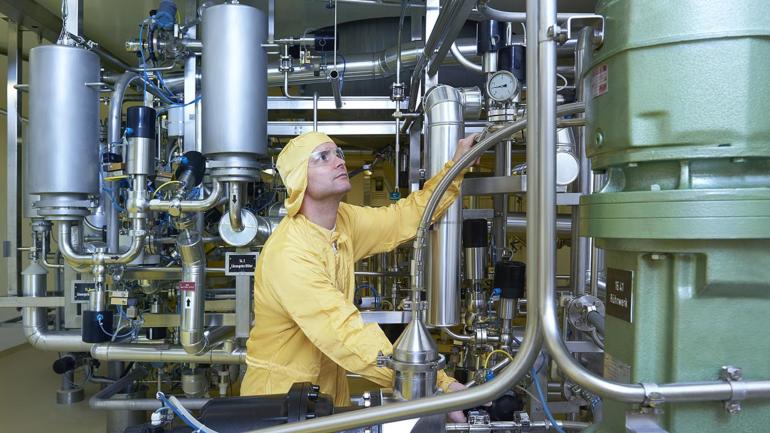Geneva, 19 March, 2019: Every day, billions of people come into contact with Bühler technologies to cover their basic needs for food and mobility. Two billion people a day enjoy foods produced on Bühler equipment; and one billion people travel in vehicles manufactured with parts produced on its machinery. Bühler technologies and solutions are used in the global production and processing of grains, corn, rice, pasta, pulses, cereal, chocolate, snacks, wafers, coffee, and feed for fish, pets, and livestock. They are also used for smart phones, solar panels, diapers, cosmetics, banknotes, energy-efficient buildings, eye glasses, and more. Focusing on health, safety, and sustainability, Bühler strives to create business by delivering innovations for a better world.
Bühler invests up to 5% of turnover into research and development. In 2018, over 13,000 employees generated a turnover of CHF 3.3 billion. As a Swiss family-owned company, Bühler is active in 140 countries around the world and operates a global network of 30 production sites.
Having this global relevance, Bühler is in an ideal position to address some of the world’s pressing challenges and transform them into sustainable business solutions. One consequence of enormous population growth is finding new sources of sustenance. Bühler is taking on a portion of the responsibility in this development by investing in researching new technologies for processing alternative foods, whether proteins sourced from algae or pulses for human consumption, or insects for animal and aqua feed. Working with its customers, Bühler tests new processes and gathers feedback until the processing technology reaches market readiness. The company also makes it possible to increase the sustainability of existing production by improving its efficiency and thereby reducing food waste, and water and energy consumption as food and feed production heavily burden the environment. Bühler is investing considerable resources in developing digital technologies to support its customers in making food and feed production safer and more sustainable.
By connecting with WBCSD’s network of forward-thinking businesses across a variety of sectors, Bühler can make a real impact on global corporate sustainability and on providing the growing global population with the nourishment and mobility solutions of the future and make them industrially available.
“We are delighted to join WBCSD and to help contribute to their mission to accelerate the transition to a sustainable world via the realization the United Nations Sustainable Development Goals. We want our customers to be successful, we want everyone to have access to safe and healthy food, and we want to live in a climate that supports and sustains them and future generations. No one can manage the task of sustainable food production or sustainable mobility on their own,” Stefan Scheiber, Bühler CEO, said. “Innovations are key to driving change, and these are sparked with broad collaborative networks. We have been joining forces with conscientious market participants to scale innovations for years and the move to join WBCSD’s innovative network is an important step to furthering our sustainable business goals, and most importantly, in developing new means to feed to world.”
WBCSD President and CEO Peter Bakker said: “WBCSD is pleased to welcome Bühler as our newest member. We are dedicated to working towards a transformation of the key systems across society, and this can only be achieved in collaboration with companies across the full value chain. Bühler’s focus on technology can be a real game-changer in sustainability terms., We are keen to begin working together.”
Ian Roberts, Bühler CTO said: “Industry must step up and take responsiblilty for reducing environmental impacts. We are already hitting planetary boundaries. Now – more than ever – it is time to take decisive action to ensure quality of life today and for future generations. In joining the world’s most responsible business leaders in WBCSD, we are broadening our collaborative approach to bringing about the sustainable turnaround that we so urgently need.”








